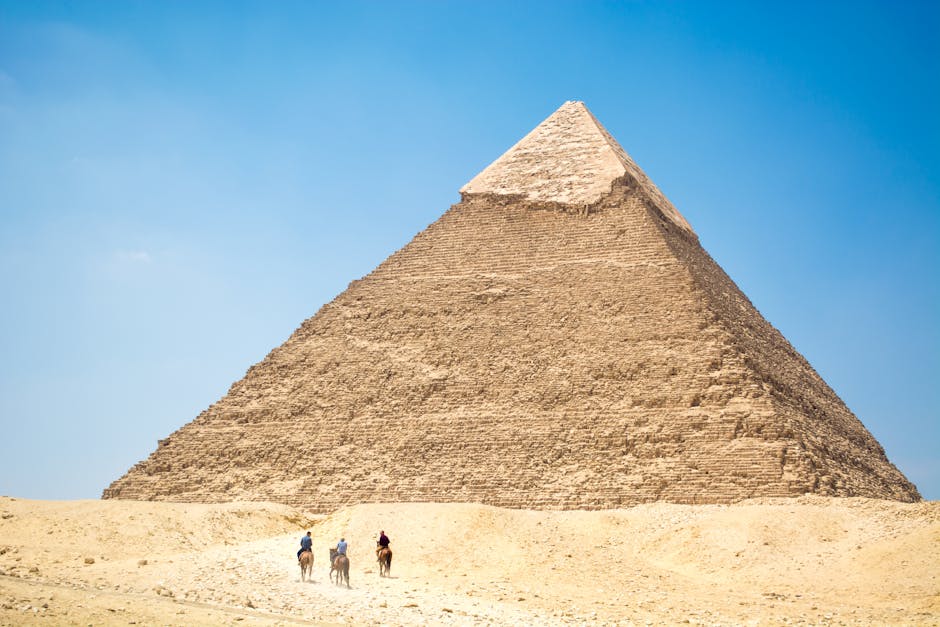
Ancient Egyptian Alchemy
Ancient Egyptian Alchemy
Ancient Egyptian alchemy, the precursor to modern chemistry, has captivated historians and scholars for centuries. The practice of alchemy in ancient Egypt can be traced back to the Early Dynastic Period, around 3000 BCE.
While alchemy in other civilizations focused on transmuting base metals into gold, the alchemy of ancient Egypt had a more profound spiritual aspect.
The ancient Egyptians believed that the process of transmutation was not only a way to discover the secrets of the universe but also a pathway to spiritual enlightenment.
The practice of alchemy in ancient Egypt involved various rituals, symbolisms, and the use of sacred plants and minerals. Alchemists would diligently record their experiments and observations on papyrus scrolls, many of which have survived to this day.
It is important to note that ancient Egyptian alchemy was not limited to the search for the philosopher's stone or the transmutation of metals. It encompassed a wide range of practices, including herbal medicine, perfumery, and the preservation of mummies.
Ancient Egyptian alchemy played a significant role in the development of early scientific and medical knowledge. It laid the foundation for the later advancements in chemistry, medicine, and herbology.
